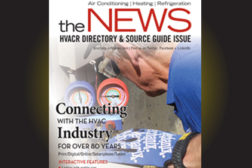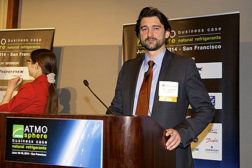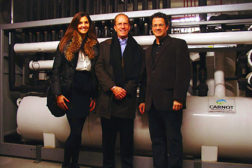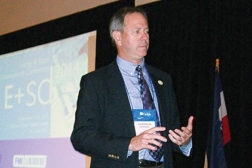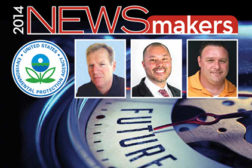Refrigeration
Check our Consultant/Service Listings
Read More
Canadian Firm Joins EPA’s GreenChill
Refrigeration Manufacturer Focuses on CO2 Equipment
January 5, 2015
Tecumseh on Refrigerant Transition
Refrigeration Equipment Manufacturer Outlines Current Position
January 5, 2015
FMI Considers the Future of Supermarket Refrigeration
Research Reveals Optimal Refrigerant Choice is Dependent on Application, Setting
Read More
Dec. 23, 2014: Nestlé to Use Natural Refrigerants for All New Ice Cream Freezers
Originally Making This Commitment in Europe, the Company Is Now Making This Pledge Global
December 23, 2014
Dec. 22, 2014: Ingersoll Rand to Acquire FRIGOBLOCK
Move Broadens Portfolio of Transport Refrigeration Products and Services
December 22, 2014
2014 NEWSmakers Define HVAC’s Future
Honorees Shift the Industry’s Landscape through Litigation, Regulation, and More
December 22, 2014
Copyright ©2025. All Rights Reserved BNP Media.
Design, CMS, Hosting & Web Development :: ePublishing
